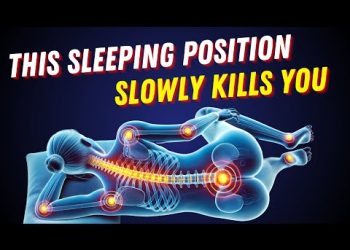Understanding Stress and Eating Habits
The relationship between stress and eating is complex, often pushing individuals to either overeat or lose their appetite entirely. This article delves into how our body’s response to stress can influence our eating behaviors, sometimes leading to compulsive eating habits or stress-related appetite suppression.
Sympathetic vs. Parasympathetic Responses
Stress activates the sympathetic arm of our autonomic nervous system, leading to the “fight or flight” response. For some, this can suppress appetite, while for others, it spurs increased food intake, especially in the face of emotional stressors. Recognizing the type of stress response is crucial to understanding individual eating patterns under stress.
Compulsive Eating: A Common Response
Many people tend to overeat when stressed, drawn to high-sugar, high-fat foods as a form of comfort. This reaction can be seen in both biological and psychological contexts, often related to insulin resistance and the body’s reward mechanisms that drive food cravings.
The Role of Obesity in Stress Eating
Individuals with obesity often exhibit a stronger reward response to stress-eating, possibly linked with insulin sensitivity issues. These reactions can perpetuate a cycle of stress-induced eating, leading to weight gain, particularly around the abdominal area.
Breaking the Cycle of Stress Eating
Intervening in stress eating involves behavioral modifications, mindfulness practices, and in some cases, pharmacological aids. Strategies such as mindful eating and high-intensity interval training may help reduce cravings and manage compulsive eating habits.
Mindful Eating Practices
Mindfulness can play a significant role in controlling stress-induced eating. Techniques such as assessing hunger levels, separating emotions from hunger, and practicing slow, deliberate eating can aid those struggling with compulsive eating patterns.
Addressing Cravings Effectively
Learning to ride out cravings without acting on them is critical. Techniques like “surfing the urge,” where individuals recognize and wait out their cravings, coupled with environmental changes like not keeping tempting foods in easy reach, can help curb compulsive eating desires.
Impacting Public Health: Reduction of Sugary Drinks
Efforts to reduce the availability of sugary drinks in hospitals have shown positive health outcomes. Such initiatives demonstrate weight loss among heavy soda drinkers and lower abdominal fat, proving the environment’s role in managing stress-related eating habits.
Support Systems and Behavioral Interventions
For those with high reward drive in eating behaviors, additional support via motivational interviewing can contribute significantly to betterment. Identifying personal goals and providing continuous encouragement are key elements in aiding individuals to overcome compulsive eating patterns.
Long-term Solutions
Ultimately, improving nutrition through public awareness and restructuring our food environment remains paramount. Regulatory changes and educational campaigns focusing on reducing processed foods and sugar intake can lead to more sustainable health outcomes over time.











